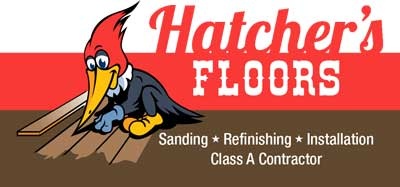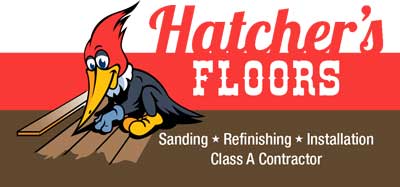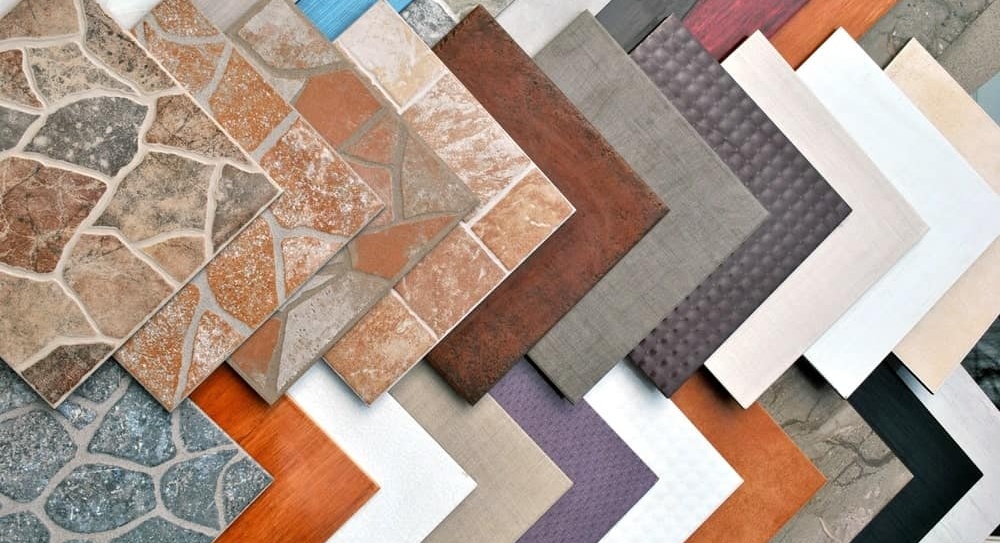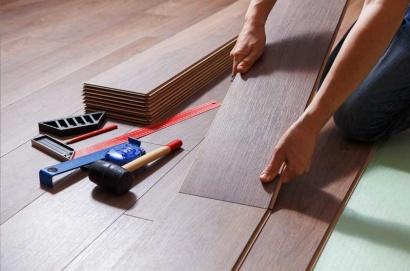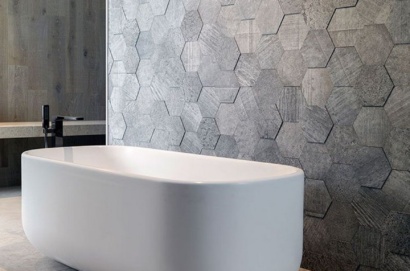The Most Common Types of Tile to Use in or Around Your Home
The many different types of tile can seem overwhelming when diving into a tiling project in your home. Whether it be a new floor, a kitchen backsplash, or shower tile, there’s no limit to the colors, patterns and textures you can create with tile.
If you’ve never worked with tile before, you may be surprised by the many various kinds of tile shapes, sizes, and textures. Ceramic and porcelain tiles are the most popular, but there are also glass tiles, cement tiles, metal tiles, and stone tiles—to name just a few.
Choosing the right tile for your project takes some patience, knowledge and experience to create a beautiful end-result.
Our renowned tile company in Virginia created this guide to the 12 different types of floor and wall tiles to ensure you’ll love your remodel for years to come!
1. Ceramic Tile
Ceramic tiles are among the most sought-after tile on the market. They are manufactured from clay materials, then molded and pressed. The most significant features of ceramic tiles include their long lifespan, their versatility of use, and their high resistance to scratches and abrasion, which makes them perfect for any room in your home, such as bathrooms, the kitchen, and even entryways.
Their durability allows them to withstand years of constant foot traffic. In addition, they offer a wide range of design possibilities. Usually covered in a durable glaze, ceramic tiles come with incomparable patterns and colors.
Ceramic tile installation averages around $5 a square foot to install.
2. Porcelain Tile
The other most common type of tile is porcelain. The most popular kind of porcelain tile today is wood-look porcelain plank tile – large planks of tile that take on the appearance of hardwood floors.
Perhaps the greatest appeal of porcelain tile is not only its ability to look like wood, but also natural stone or brick. Coming in a multitude of colors, patterns and textures, you can create an elegant finish minus the upkeep of other flooring options. The versatility to design a space is endless when using porcelain tile.
Another perk to choosing porcelain tile in Virginia is that it can be used in outdoor spaces and wont freeze, fade, or crack.
Available in both polished and unpolished versions, porcelain tiles are suitable for various domestic applications as well as some commercial ones with light foot traffic.
Porcelain tile installation is not for amateurs. While some smaller jobs may be okay to DIY, while undergoing an entire bedroom, kitchen, bathroom, or main flooring job, it is best to contact a local tile company in Virginia to install your porcelain tile without flaws or errors.
Porcelain tile generally comes in at a comparable $5-$6 per square foot.
3. Marble Tile
If you are looking for tile that is meant to impress – marble is your choice!
Marble is the most elegant tile on the market…and not just because of its high price tag.
While marble may not be the most affordable tile option, it adds instant elegance to any room. However, marble tile should only be installed in homes that suit the style. It is best to speak with a contractor or contact a marble flooring company in Virginia to assess your home and discuss whether marble tile is the right choice.
In addition to being quite costly, marble requires a lot of upkeep to keep it looking pristine. And like any stone, marble tile is susceptible to scratches and stains in addition to being difficult to clean.
Marble is best used in showers or as a backsplash.
4. Glass Tile
The biggest benefit to glass tile is its stain resistance. You can wipe up spills with ease without permanent staining.
Glass tile presents a clean, modern look and is a fantastic option for bathroom shower tile or kitchen backsplash.
The cons to glass tile: it can scratch. It is best to use in very little trafficked areas or surfaces.
5. Mosaic Tile
Mosaic tile is one of the best choices for adding a creative touch to your home and is definitely one of the more different types of tile, but usually because of the patterns tile layers create with it. Coming in varying shapes, sizes, colors and materials, mosaic tiles work best on wall applications when accent is needed.
Since mosaic tile has so much style, it is best used sparingly, and the pattern should be chosen delicately depending on the size of the project and amount needed to avoid overkill.
6. Cement Tile
Cement tiles have been around since the 19th century and have increased in popularity in recent years. They are beautiful and create a very artistic and textured look.
However, it is important to keep in mind that cement tile is porous, so it can stain or get discolored over time and may require sanding and resealing (like wood floors) later down the road.
The biggest con to choosing cement tile is that they can be challenging to lay and are very heavy if ordered in bulk. It is best to use for smaller projects with little-to-no foot traffic.
7. Granite Tile
Granite is a natural stone that has a similar look and feel to marble because of its natural flecks, though there are some notable differences. This type of tile is often used for kitchen countertops and can be used in laundry rooms and bathrooms, as well.
8. Limestone Tile
Limestone is another type of natural stone tile. It provides a rustic look with natural tones, shades and variation. Limestone tile is very porous, so it should be sealed properly to ensure it lasts a long time.
Limestone is rarely ever used inside the home, but can be a great option for outdoor patio spaces.
9. Travertine Tile
Much like limestone, travertine tile offers a natural, one-of-a-kind aesthetic.
Just like other natural stone tile types, it’s easily impacted by water, stains, and traction. It requires extra maintenance and a once-a-decade resealing. It’s best to use travertine tiles in low-traffic areas of the home. Designers also tend to use them on walls for decoration instead.
10. Quarry Tile
Quarry tile is made with ground materials in a process that’s very similar to brick. They get their name from where the ground minerals come from. Since these tiles are fired at extremely high temperatures, they are naturally dense, nonporous, and water-resistant with an extremely low water absorption rate. They can be glazed or left in the natural finish. They also do not have to be sealed. If you are looking for that rustic brick-feel on a wall inside your home, or a trafficked area like an entryway, quarry tile is a great option.
11. Metal Tile
When it comes to the different kinds of tile out there, you may not think about using metal tile much in your home. But chic, modern home designers tout metal tile as offering superior durability when used as a kitchen countertop. Though not a common tile choice for Virginia homes, metal tile is a great option for a small pop of style.
Beware: metal tile can be costly and scratches easily, so use in a small design space that doesn’t receive much traffic or hard use.
12. Resin Tile
Resin tiles are a great solution to combine styles to create any look you want. Resin tile is water resistant but can chip or yellow over time, especially when exposed to the sun. As a result, resin tile is a good choice for bathrooms or mudrooms, backsplashes and accent pieces.
Our Tile Installation Company in Virginia Has You Covered!
No matter what project you have – large or small, commercial or residential, our tile flooring company in Virginia can help you choose the very best tile flooring options. Contact us today to get a FREE tile flooring quote!
